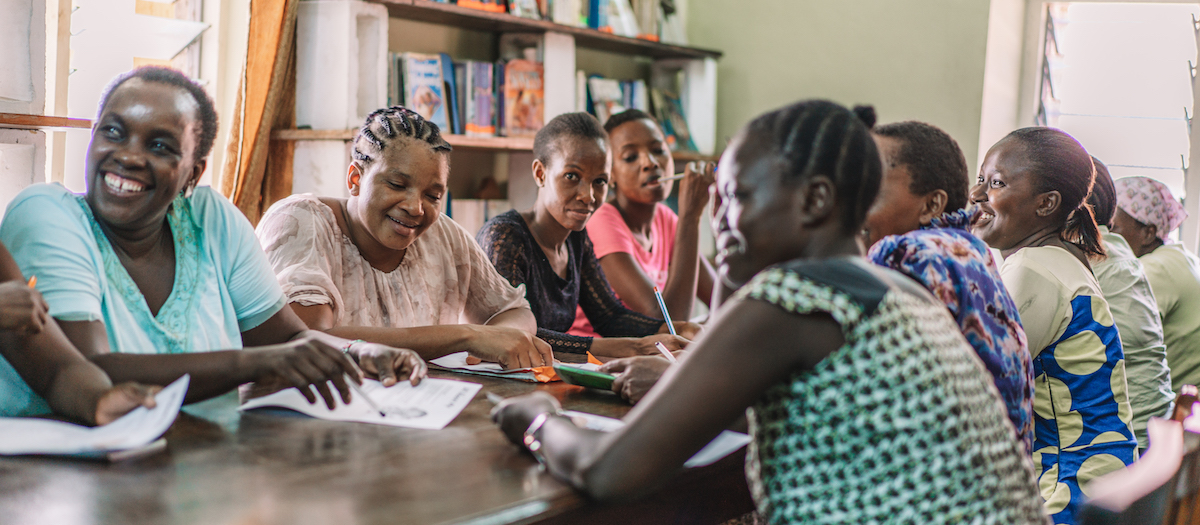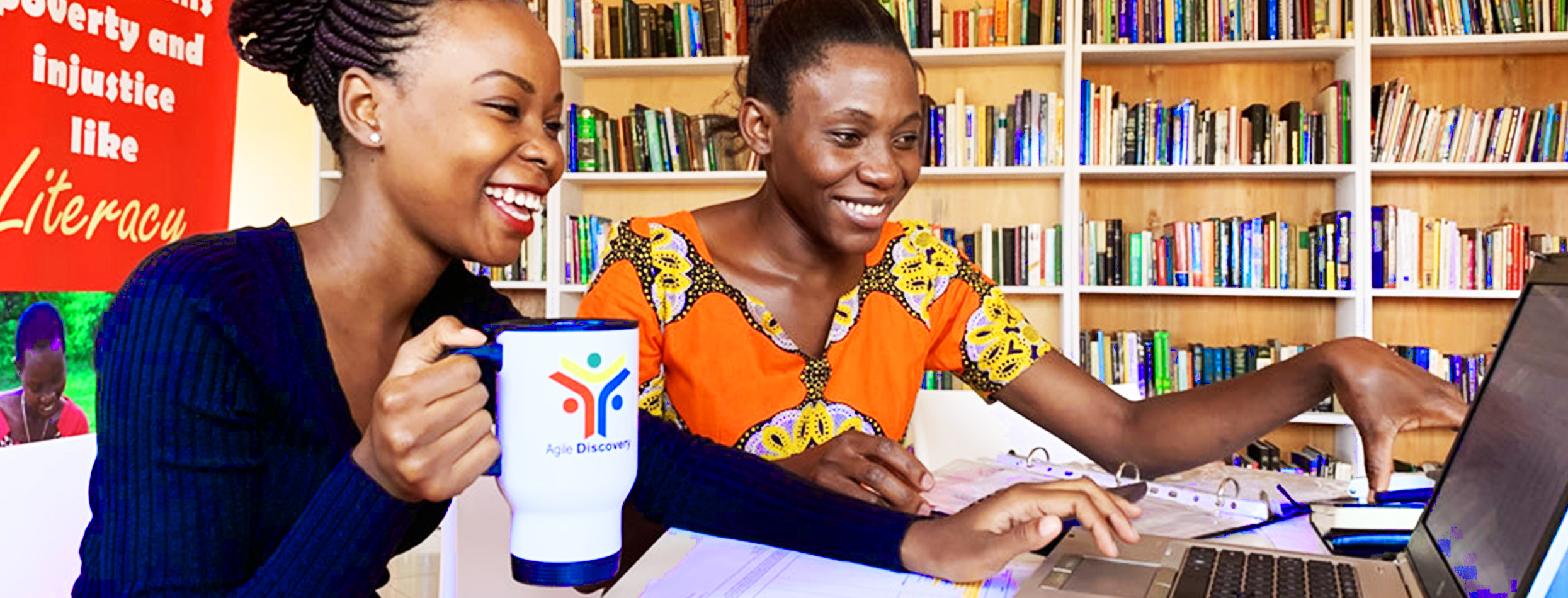Redefine Success
Leading with empathy, expanding reach in rural Ethiopia
Hidota farmers and IKEA coaches reach farmers in new regions for agri-business
October 18, 2021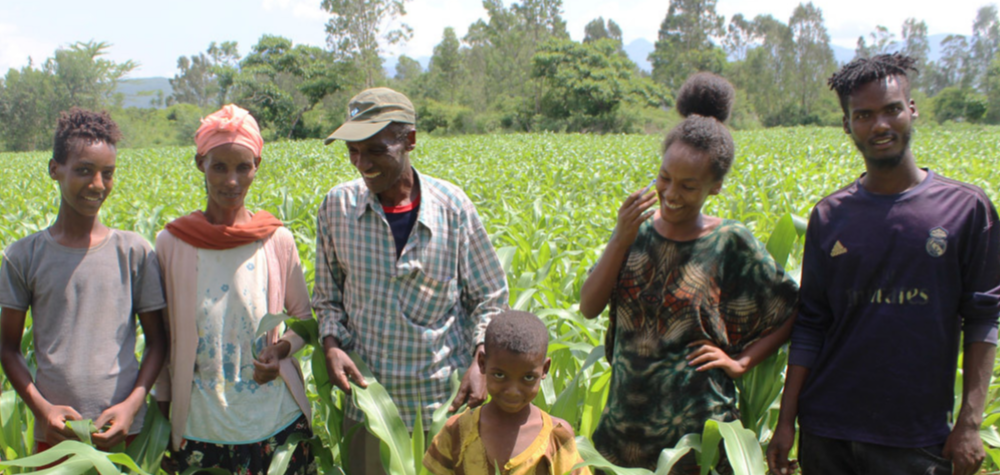
For Biruk Abayneh, leading a lifelong career of public service has always meant putting farmers at the center of his work. In Ethiopia, where 75 percent of the workforce works in the agricultural industry, solving for the challenges that smallholder farmers face is a crucial strategy to alleviate poverty and generate opportunity for a country of 113 million people.
Close
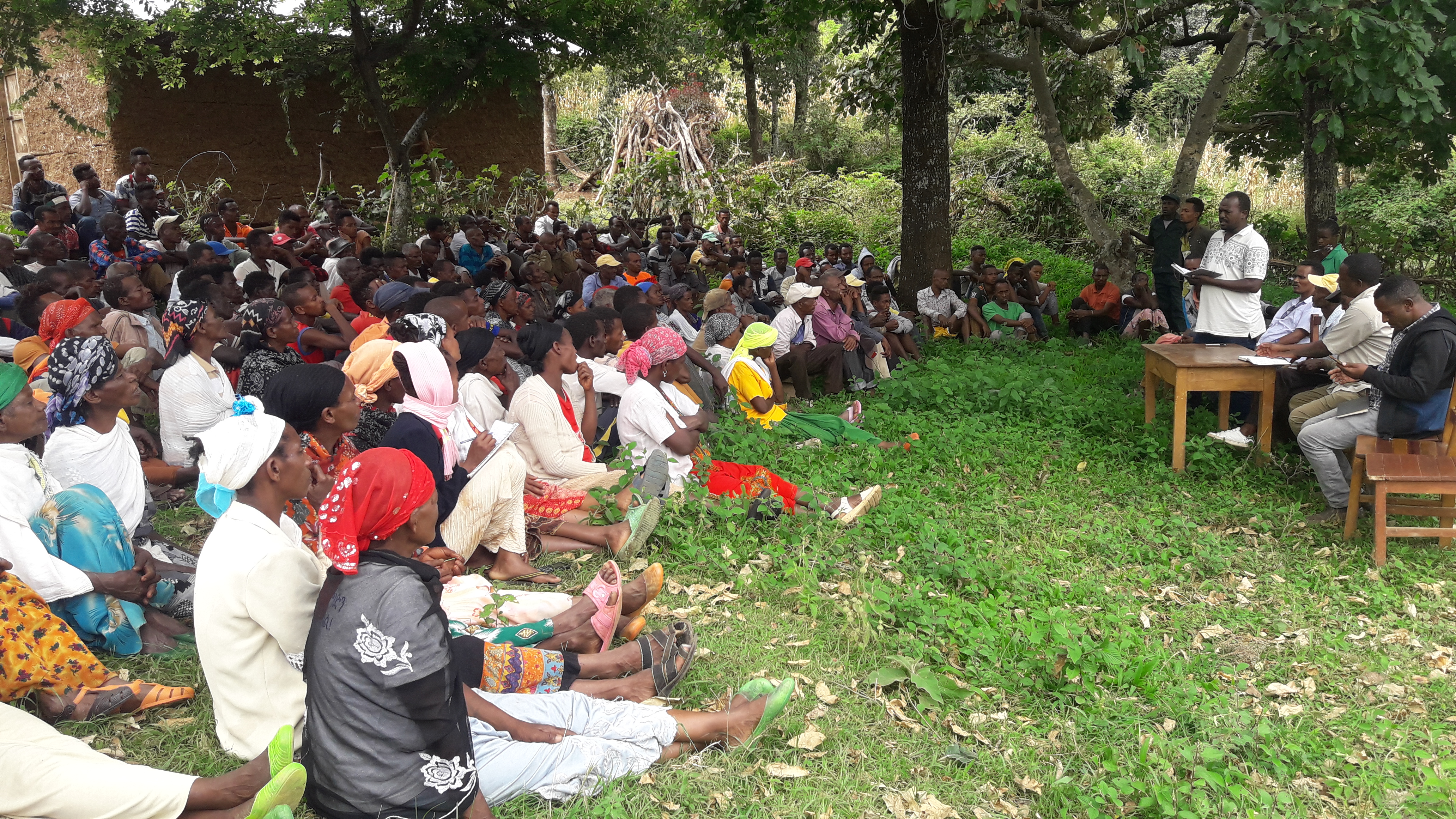
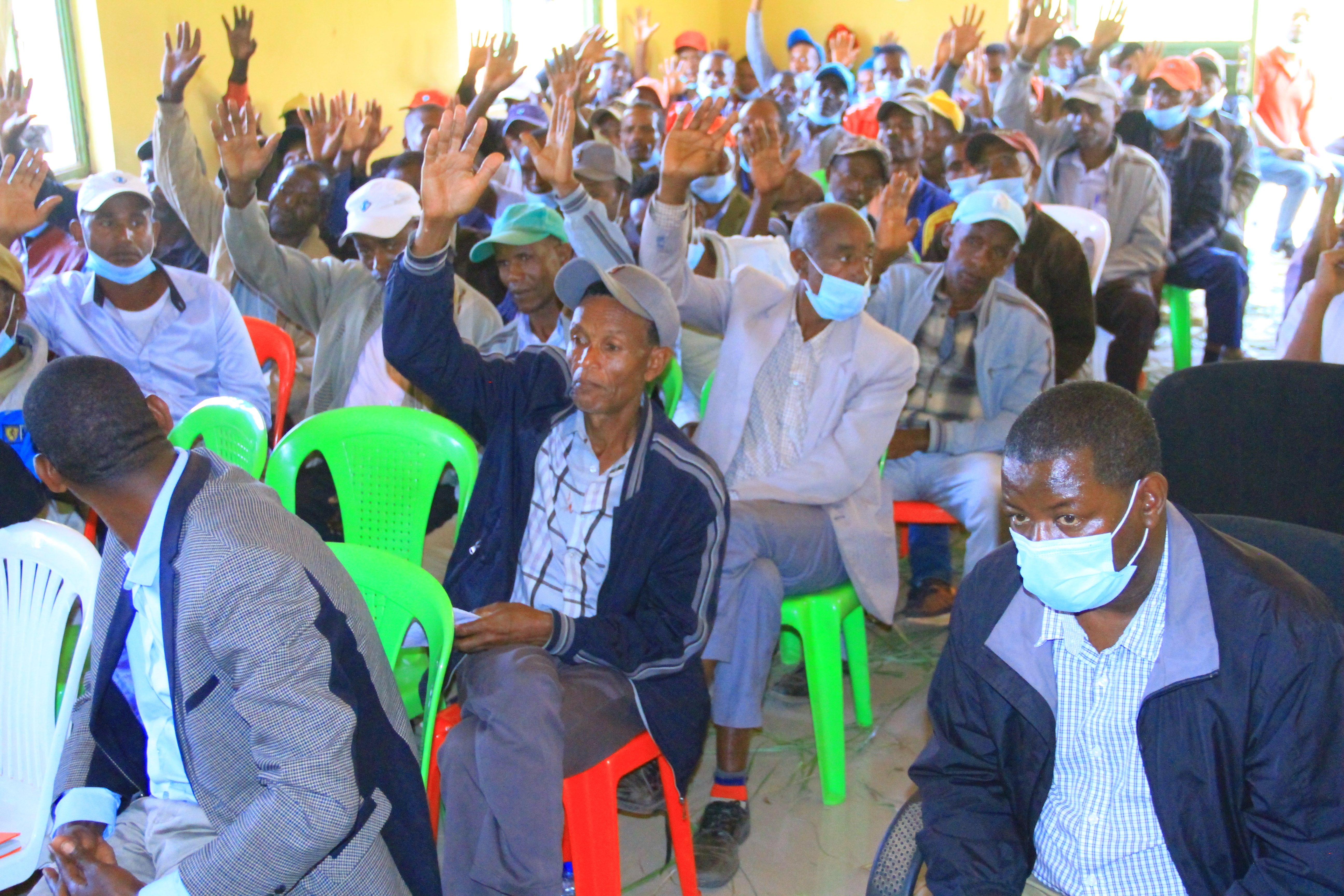
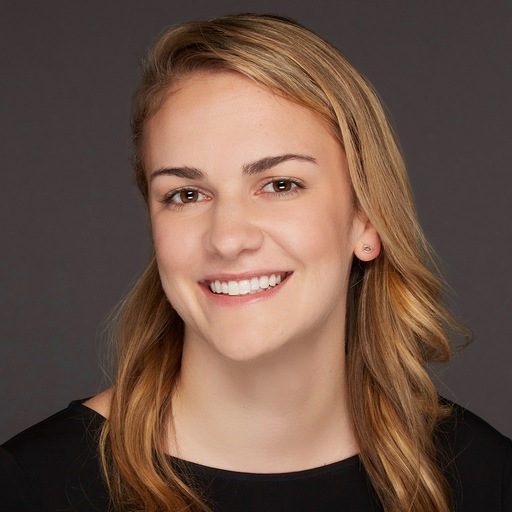
Author
Emily Close
Emily is a Content Creator at Acumen Academy, where she works alongside social entrepreneurs tackling the toughest issues of inequality, to bring their stories to the forefront and share their solutions with other individuals aspiring to affect social change. You can find Emily building content with her colleagues, bouldering with friends, or buried in a book in one of London’s oldest bookstores.
